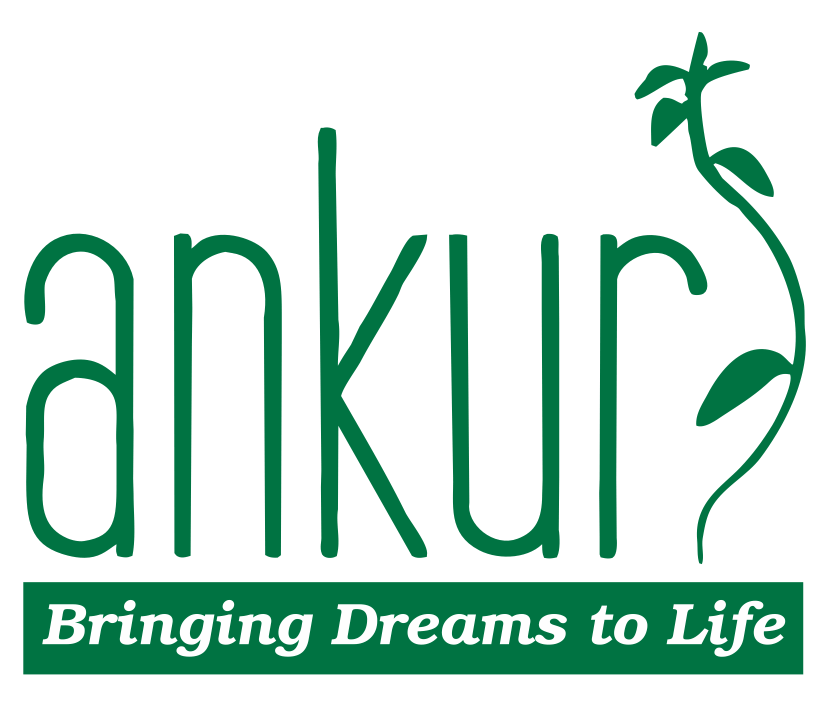Trying To Conceive
Embarking on the journey to motherhood is a remarkable and sometimes challenging experience. Surprisingly, nearly 1 in 7 couples faces the difficulty of infertility, where the conception of a child remains elusive despite consistent, unprotected attempts for a year or more. Notably, female infertility contributes to a significant portion of these cases, influenced by factors such as age, hormonal imbalances, or reproductive disorders. Recognizing signs such as irregular menstrual cycles, hormonal fluctuations, or underlying health concerns is crucial. If you’ve encountered a year of unsuccessful attempts or specific concerns related to your reproductive health, seeking timely medical guidance is imperative. Every woman’s path to motherhood is unique, and understanding these intricacies is the first step toward finding solutions and realizing the dream of building a family.
Approximately 30% to 40% of infertility cases are attributed to irregular or abnormal ovulation. Signs such as irregular periods, absence of periods, or abnormal bleeding often indicate a condition clinically known as anovulation, where the process of ovulation is not occurring as expected.
Another prevalent ovulation issue affecting around 5% to 10% of women in their reproductive years is polycystic ovary syndrome (PCOS). PCOS is characterized by a hormonal imbalance that can disrupt the normal functioning of the ovaries. In many cases, the ovaries become enlarged and display a surface covered with small, fluid-filled cysts. If you have further questions or need more information, please feel free to contact us.
Hirsutism refers to the presence of stiff or dark body hair in areas where women typically don’t have hair, such as the face, chest, lower abdomen, inner thighs, and back. The perception of what is considered excessive can vary widely among individuals.
When elevated androgen levels lead to hirsutism, additional signs may gradually emerge in a process known as virilization. These signs may include a deepening voice, balding, acne, decreased breast size, and increased muscle mass. Hirsutism can be emotionally distressing, with some women feeling self-conscious or developing depression due to unwanted hair. While hirsutism itself doesn’t cause physical complications, the underlying hormonal imbalance can.
If hirsutism is accompanied by irregular periods, it may be indicative of polycystic ovary syndrome, which can affect fertility. Enlargement of the clitoris may also occur. If you are concerned about excessive coarse hair on your face or body, it is advisable to discuss treatment options with your doctor.
Reasons for difficulty conceiving:
1. Abnormal Uterine Shape
An irregularly shaped uterus that lacks space for the fertilized egg can pose a hindrance to conception. Occasionally, abnormalities may be a result of scar tissue from previous surgeries.
2. Presence of Fibroids
Fibroids stand as a primary factor for conception challenges. The existence of fibroids or any growths in the uterus can impact the available space for the fertilized egg.
3. Ovulation Disorders
Conditions like polycystic ovarian syndrome (PCOS) can disrupt normal ovulation, and irregular ovulation is also a concern. Factors such as being overweight, stress, very low body weight, and excessive exercise contribute to ovulation problems, reducing the likelihood of conceiving.
4. Emotional Stress
Emotional stress plays a significant role in fertility, with studies indicating that daily stress can lower a woman’s fertility.
5. Age
The fertility window shifts as women age. With advancing age, both the quantity and quality of eggs decrease, making conception less likely in the mid to late 30s and beyond compared to the early ages between 21 to 30.
6. Hormonal Factors
Female sex hormones play a crucial role in conception.
7. Timing of Intercourse
The probability of conception is lower after ovulation compared to the six days leading up to ovulation.
8. Unhealthy Lifestyle


Health Tips & Info
Irregular periods, absence of periods, or abnormal bleeding can indicate irregular ovulation. Conditions like polycystic ovary syndrome (PCOS) can also disrupt normal ovulation.
PCOS is a hormonal imbalance disorder that can lead to irregular ovulation and enlarged ovaries with fluid-filled cysts. It affects around 5-10% of women and can impact fertility.
Hirsutism is the presence of excessive stiff or dark body hair in areas where women typically don’t have hair. Elevated androgen levels leading to hirsutism may be associated with hormonal imbalances affecting fertility, particularly in cases like PCOS.
If you’ve been actively trying to conceive for a year without success, or if you have specific concerns related to your reproductive health, it’s advisable to seek timely medical guidance.
Common reasons include abnormalities in uterine shape, the presence of fibroids, ovulation disorders (e.g., PCOS), emotional stress, age-related factors, hormonal imbalances, suboptimal timing of intercourse, and unhealthy lifestyle choices.
Studies indicate that daily stress can lower a woman’s fertility. High-stress levels may disrupt hormonal balance and the overall reproductive process.
Studies indicate that daily stress can lower a woman’s fertility. High-stress levels may disrupt hormonal balance and the overall reproductive process.

